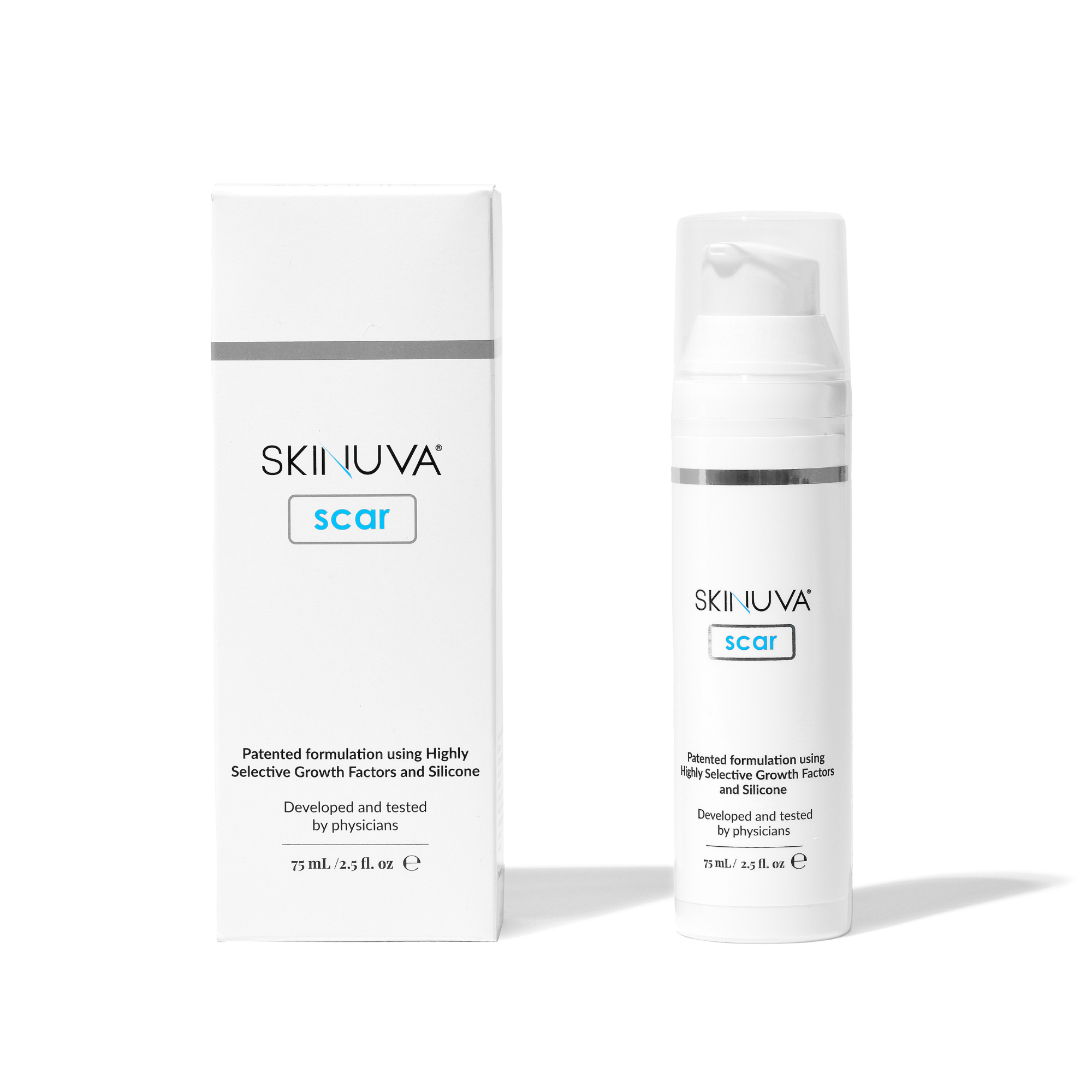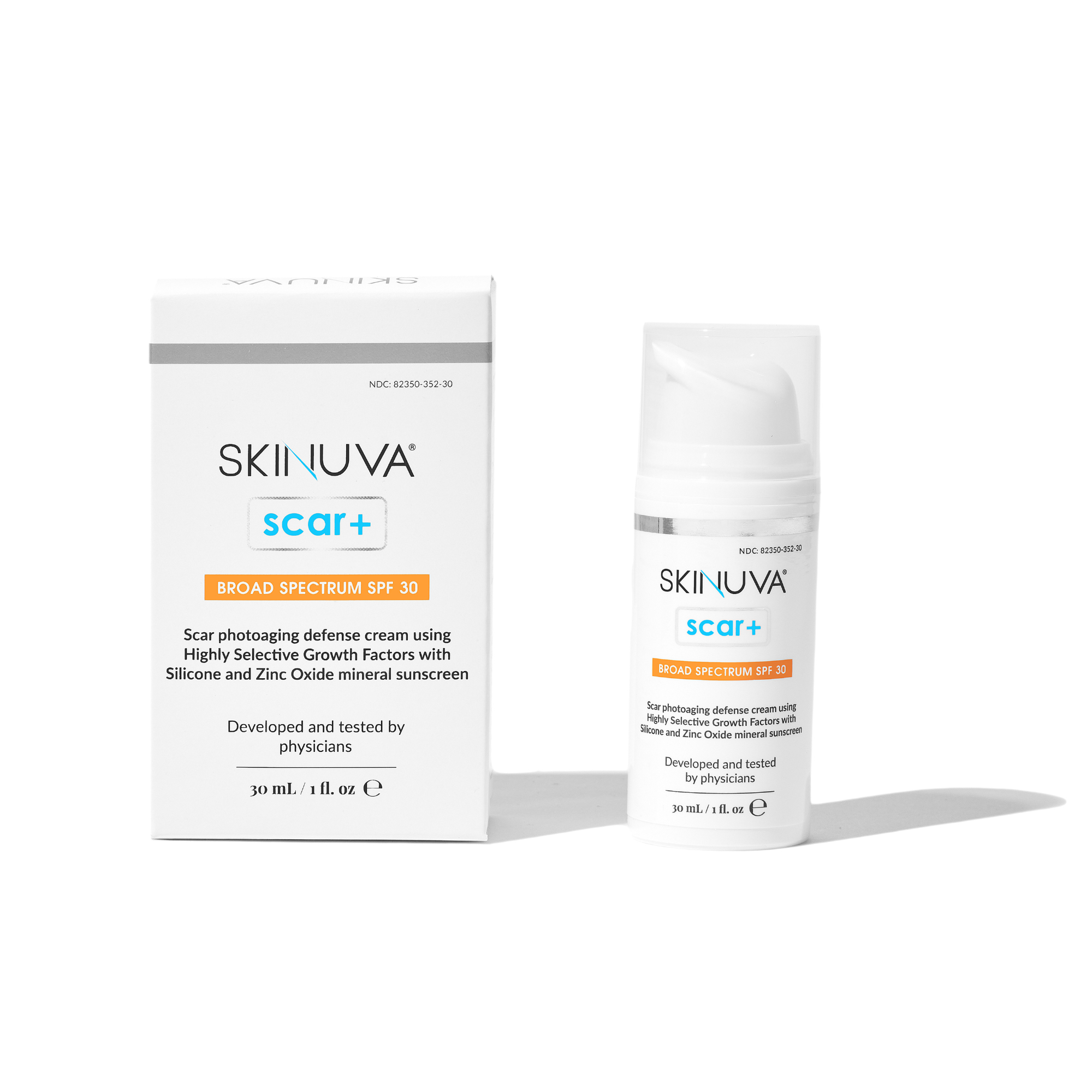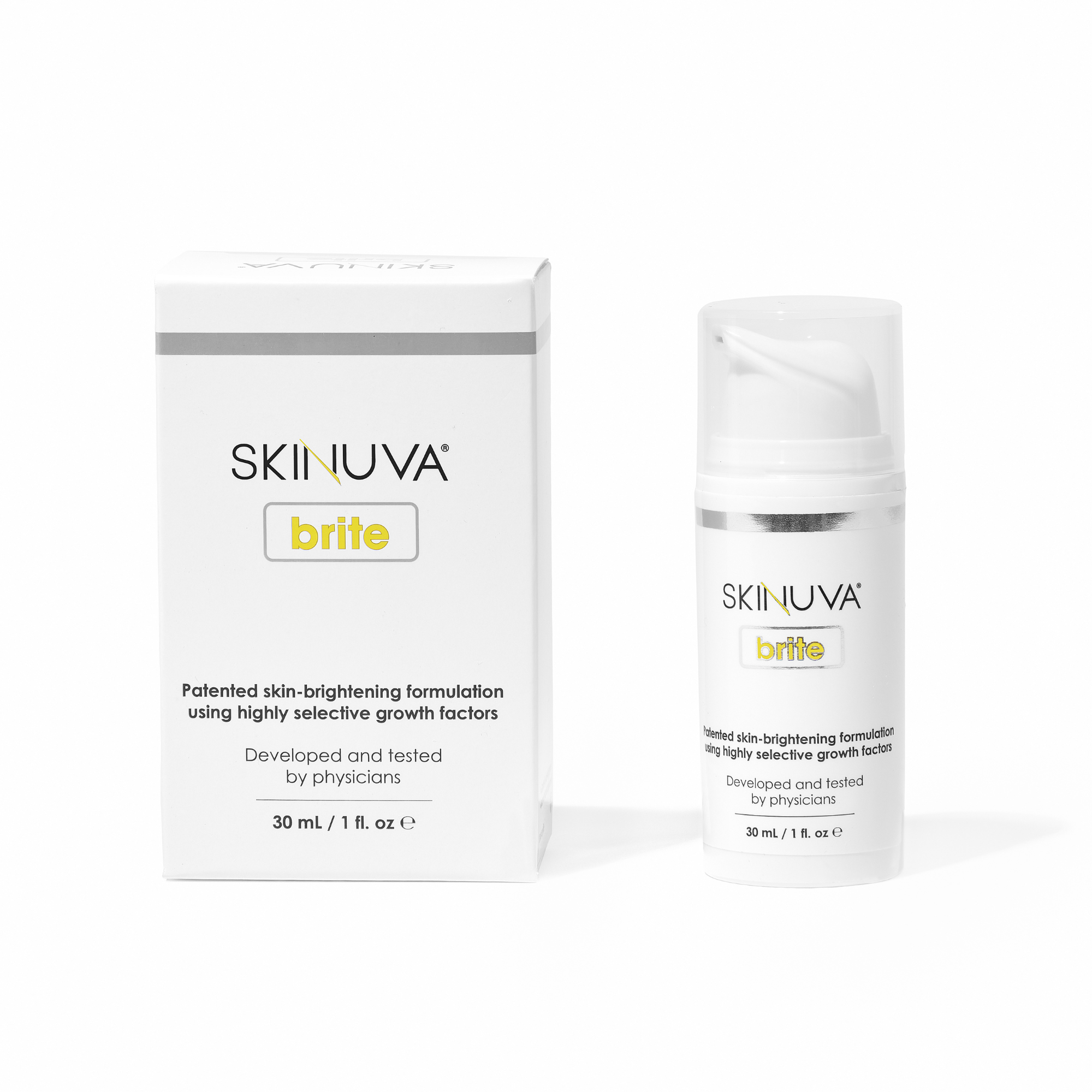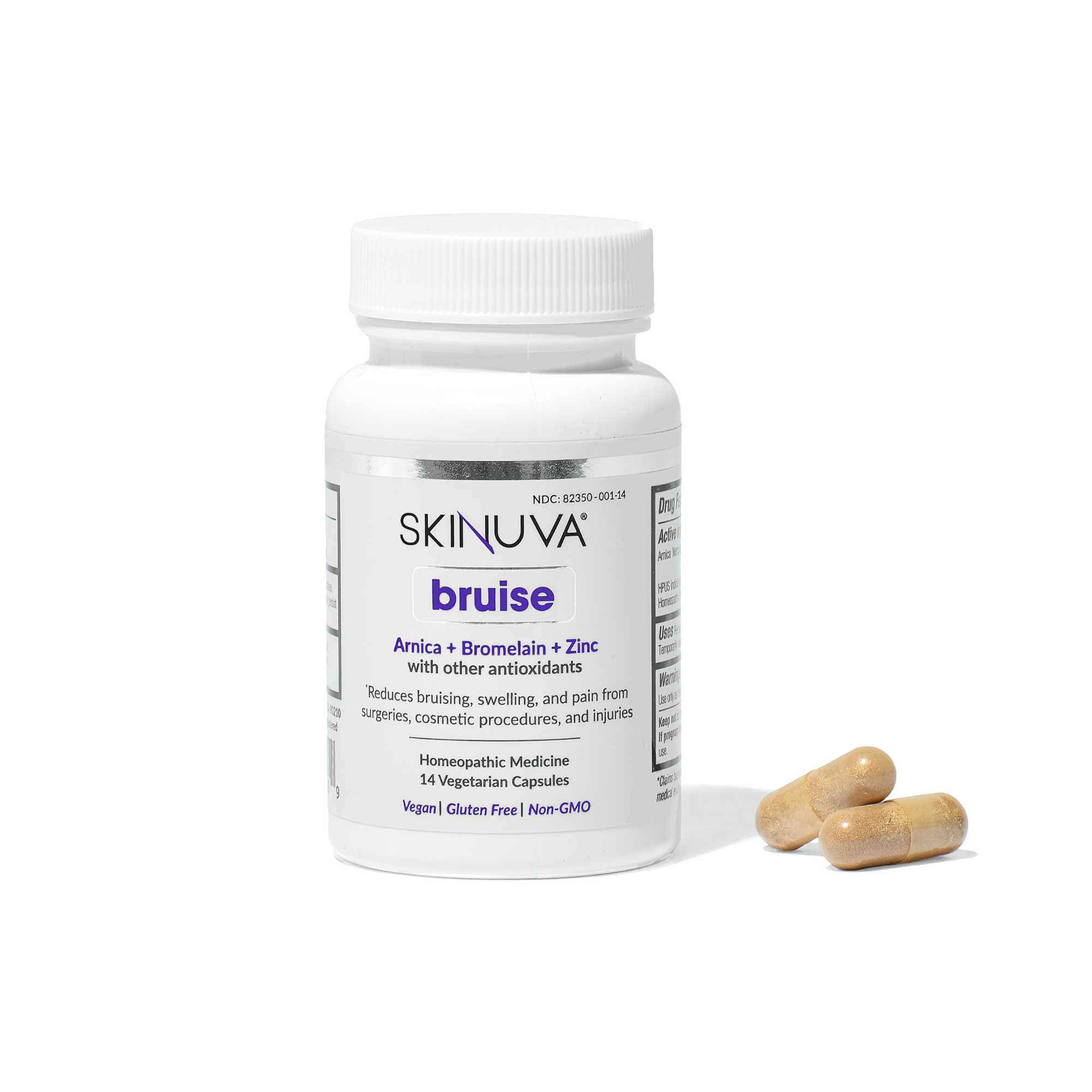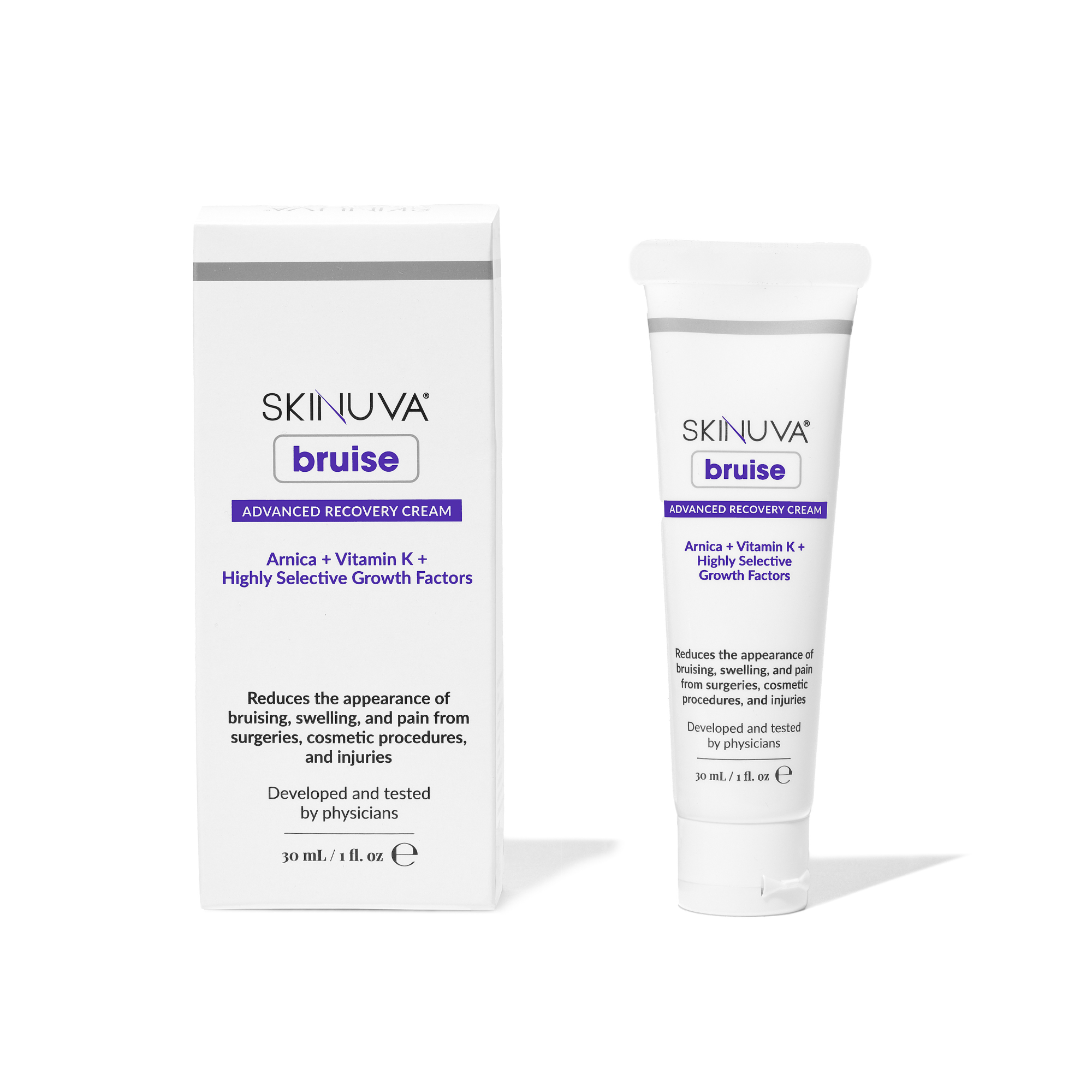Scar Care for Different Skin Types: How Melanin Affects Healing

Scars are a natural part of the healing process, but the way they form and fade can vary depending on your skin type, especially your melanin levels. Melanin is the pigment that gives skin its color, and it can influence both the appearance and texture of scars.
How Skin Tone Affects Scarring
Lighter skin tones often show more redness or pink coloration in early scars, which may take months to fade. Medium to deep skin tones are more likely to develop post-inflammatory hyperpigmentation (dark spots), hypopigmentation (light spots), or raised scars such as keloids and hypertrophic scars.
Best Scar Care by Skin Type
For lighter skin tones, using a gentle scar cream can help reduce redness. Extra protection from UV exposure to prevent lingering pink tones from becoming more noticeable is crucial. For medium to deep skin tones, look for scar creams with brightening agents and growth factors to help balance pigmentation. Also avoid aggressive treatments or harsh ingredients too soon, as they can worsen pigment changes. It is also important to apply an SPF daily, even on cloudy days, to prevent scars from darkening.
Why Skinuva Scar is a Smart Choice for All Skin Types
Skinuva Scar is formulated with a unique combination of medical-grade Silicone, Selective Synthetic Growth Factors, and other clinically proven ingredients and is designed to improve the appearance of scars more effectively than silicone alone. The Growth Factors help support healthy collagen production and reducing redness, making it ideal for both lighter skin tones (to reduce redness) and darker skin tones (to help minimize hyperpigmentation).
Because it’s suitable for all skin types, Skinuva Scar can be an important part of a tailored scar-care routine starting as soon as the wound is closed and continuing for several months during the active healing phase.
The Added Protection of Skinuva Scar+ SPF
For scars in sun-exposed areas, Skinuva Scar+ SPF combines the same scar-healing technology as Skinuva Scar but with added broad-spectrum SPF 30 mineral sunscreen. UV protection is essential for preventing scars from darkening or becoming more noticeable, especially for medium to deep skin tones that are prone to hyperpigmentation.
Twice daily application of Skinuva Scar+ SPF not only shields scars from damaging UV rays but also supports the ongoing remodeling process, helping scars heal to their best potential.
To tackle scar treatment all day and night, try our 24-Hour Scar Care System.
Tips That Work for Everyone
-
Start early: Once the wound is closed, begin using a clinically proven scar cream like Skinuva Scar or Skinuva Scar+ SPF for sun-exposed areas.
-
Stay consistent: Scar improvement can take up to 6–12 months, so twice daily use matters.
-
Protect from the sun: UV light can worsen discoloration for all skin types.
-
Avoid picking: This can slow healing and increase pigmentation changes.
Your skin type plays a key role in how your scars heal. By choosing advanced products like Skinuva Scar and Skinuva Scar+ SPF you can improve scar texture, fade discoloration, and help your skin heal beautifully.

